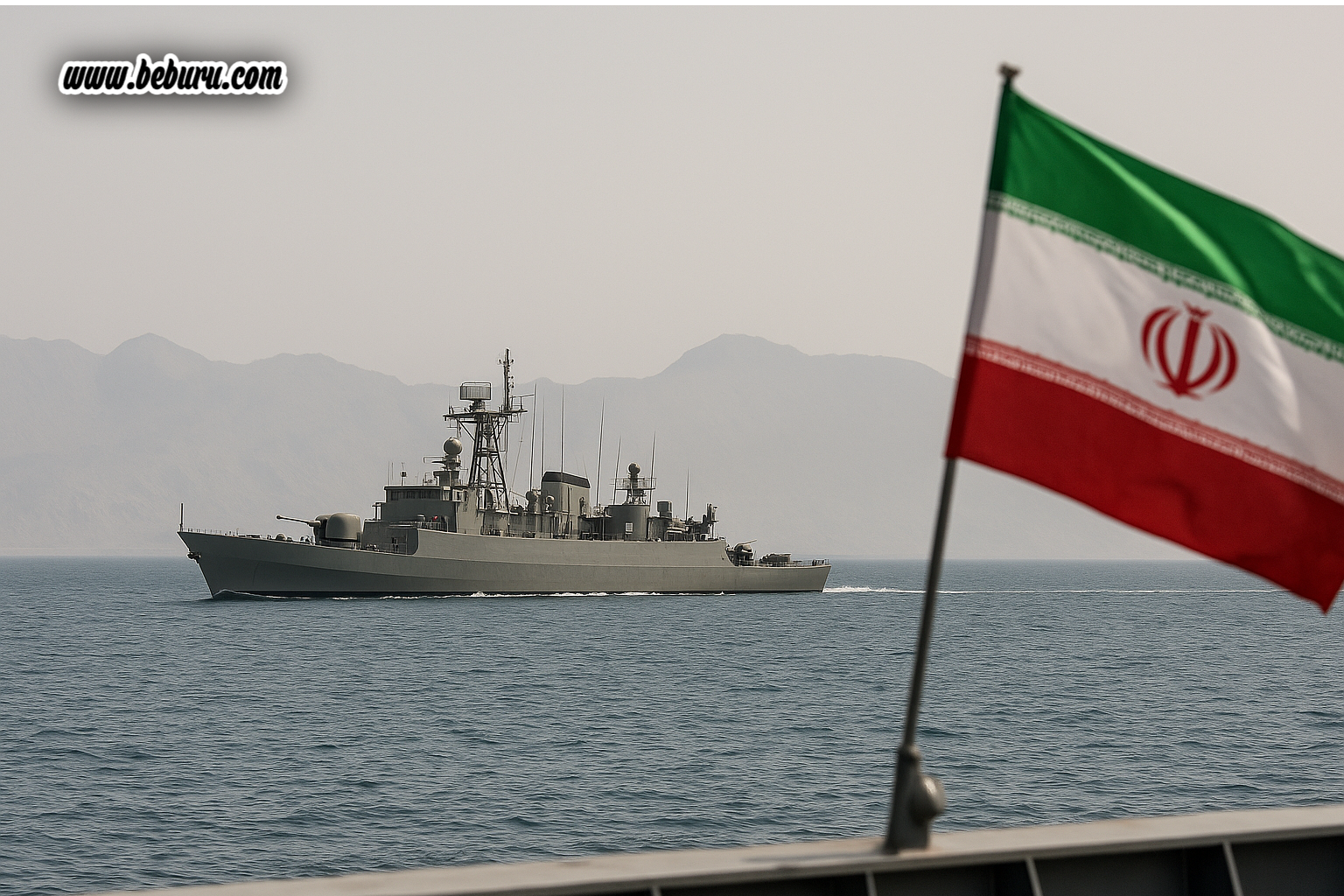Iran Eyes Strategic Strait of Hormuz Closure Amid U.S. Strike Fallout
On Sunday, Iranian state media announced that the nation's parliament has given initial backing to a motion that could lead to the closure of the Strait of Hormuz—one of the world’s most vital energy corridors. However, the final decision rests with Iran’s Supreme National Security Council, which has yet to issue a formal approval.
According to Press TV, the closure remains a proposal under review, surfacing just hours after U.S. airstrikes targeted key Iranian nuclear facilities. This development has significantly heightened regional tensions and drawn sharp responses from Tehran.
Military Response Under Consideration
Senior Revolutionary Guard commander and parliamentarian Esmail Kowsari emphasized in statements to domestic media that the option of shutting down the Strait remains actively on the table.
“We are prepared to act decisively if the situation demands it. All strategic responses, including the closure of the Strait, are being considered,” Kowsari stated.
Global Energy Supply at Risk
The Strait of Hormuz is a maritime bottleneck through which nearly one-fifth of global oil and gas exports are shipped. It links the Persian Gulf to the Arabian Sea and is a key export route for several major energy-producing nations.
Any threat to this passage immediately raises concerns in international markets and among global powers, as the strait has historically been a flashpoint for military and political confrontations between Iran and the West.
Rising Tensions After Targeted Airstrikes
The prospect of closing the strait emerged shortly after U.S. military forces launched air attacks on Iranian nuclear sites. The strikes, carried out early Sunday, have sparked condemnation from Tehran and vows of a firm response, framing the Strait’s potential closure as part of a broader strategic retaliation.
This isn’t the first time Iran has raised the specter of blocking the strait. Previous threats have surfaced during sanctions or military confrontations. Yet, formally initiating such an action would mark a turning point—risking regional destabilization and triggering international response scenarios.
Observers warn that while parliamentary support adds weight to the proposal, the final say remains with Iran’s highest security authority, and any escalation could reshape the security dynamics of the Gulf region dramatically.

